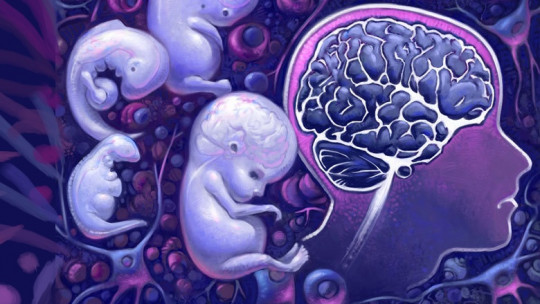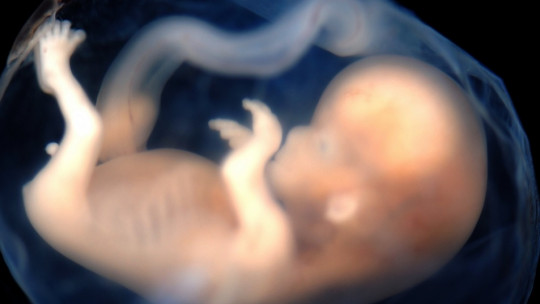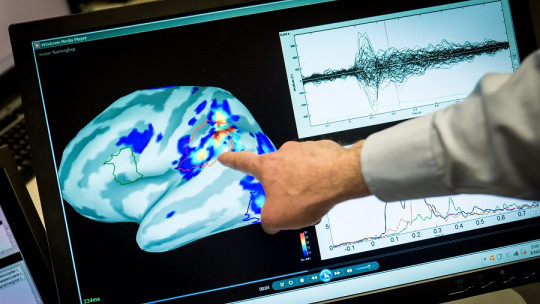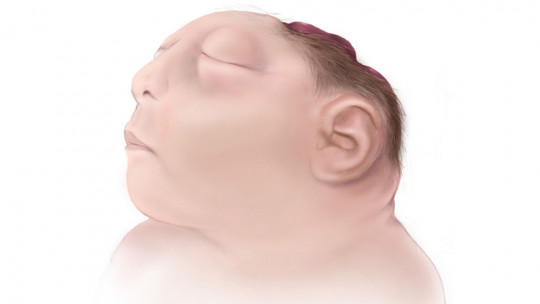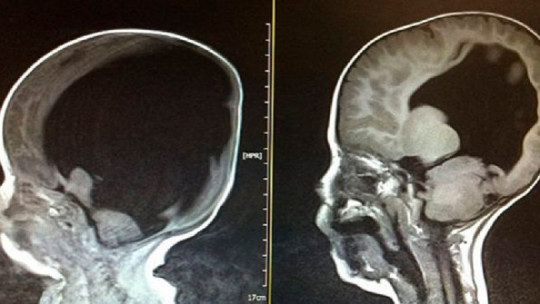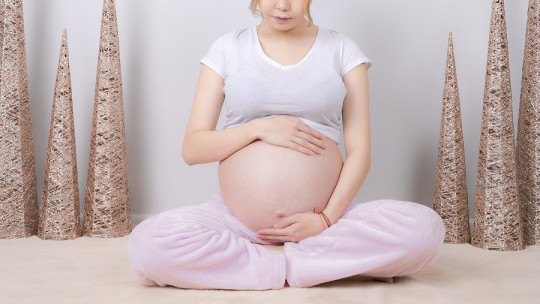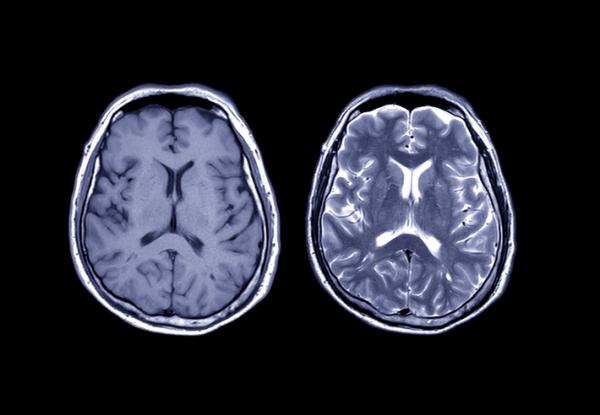Imagine that you, dear reader,
You find out that a friend, sister, aunt, or acquaintance has just gotten pregnant
She doesn’t know what to do, since she is only 16 years old; Her boyfriend has abandoned her, she is desperate and is thinking about terminating her pregnancy.
What advice would you give him? To abort or not to abort? If she has an abortion, will she go to hell? Is the product already a human being, does it have a soul?
Abortion from the prism of neurosciences
To understand abortion, neuroscience, and specifically neuroethics, have begun to investigate and reveal the secrets of the human brain. Several studies have found some interesting data regarding brain development and how it relates to the decision of whether or not to terminate a pregnancy.
It should be clarified that this is not a writing that is for or against abortion or conception, it will simply present the most solid arguments regarding the development of the brain by prominent neuroscientists.
Brain development in fetuses: how does it occur?
Third week after conception: first neurological foundations
I will begin by saying that the development of the brain, according to Pinel (2011)
begins approximately three weeks after conception , when the tissue that is destined to form the human nervous system can be recognized in the form of a neural plate; but it is not until the fourth week after the three protuberances emerge that the first signs of a brain appear.
After,
electrical brain activity does not begin until the end of weeks 5 and 6, that is, between 40 and 43 days of gestation However, it is not a coherent activity; It’s not even as coherent as a shrimp’s nervous system.
Week 8, neurons appear and spread throughout the brain
Despite this, for Gazzaniga (2015),
It is between weeks 8 and 10 when true brain development begins Neurons proliferate and begin their migration throughout the brain. The anterior commissure also develops, which is the first interhemispheric connection (a small connection). During this period reflexes appear for the first time.
The temporal and frontal poles of the brain develop between weeks 12 and 16 The surface of the cortex appears flat during the third month, but at the end of the fourth month the grooves appear. The lobes of the brain emerge themselves, and neurons continue to proliferate throughout the cortex (Gazzaniga, 2015).
Around week 13 the fetus begins to move But the fetus is not yet a sensitive and conscious organism, but rather a kind of sea slug, a cluster of motor-sensory processes induced by reflex acts that does not correspond to anything in a directed or ordered way (Gazzaniga, 2015).
Week 17, the first synapses
Already in week 17, numerous synapses are formed Synaptic development does not trigger until approximately day 200 (week 28) of gestation. However, around week 23 the fetus can survive outside the womb with medical assistance; Also at this stage the fetus can respond to aversive stimuli. The most important synaptic development continues until the third or fourth postnatal month. By week 32, the fetal brain controls breathing and body temperature
It should be noted that when the child is born, the brain resembles that of an adult, but its development is far from complete. The cerebral cortex increases in complexity over the years, and synapse formation continues throughout life.
Some conclusions about life, the brain and the possibility of abortion
In conclusion, it can be said that if at the moment of birth, the brain is still far from fulfilling its functions as any adult knows them,
The brain of a group of cells is not and will not be a brain that can develop since as mentioned, it is not until week 23 that the product can survive, and only with the help of a specialized medical team.
In short, the brain of an adult is such only because it has been able to develop in a context that provides it with the experiences to become a healthy and normal brain.
The debates and decisions of our lives must begin to be made and discussed from a scientific point of view and not from a religious, political point of view or ignoring what happens inside our heads.
Thanks to the understanding of science and, specifically, neuroscience, better decisions can now be made, in addition to helping us eliminate guilt, thanks to the systematized and rational knowledge that scientific conclusions lead to.

